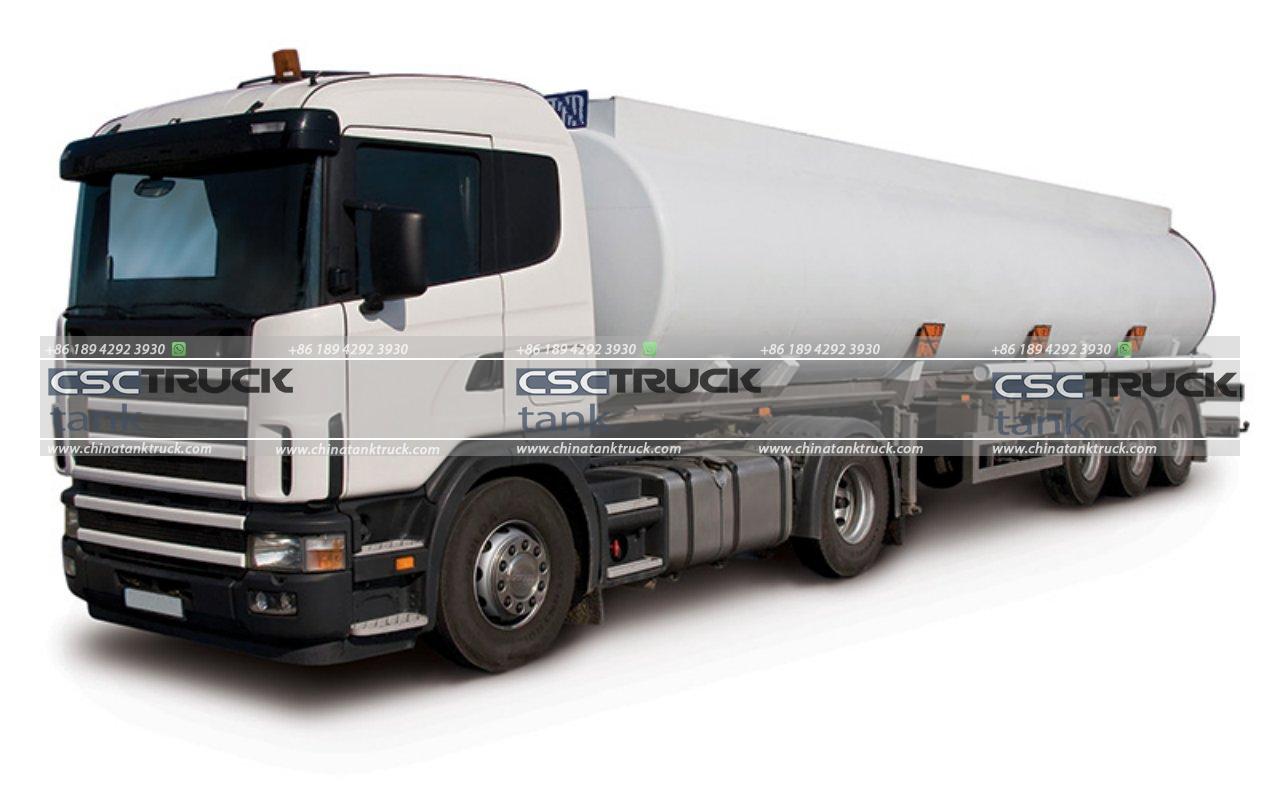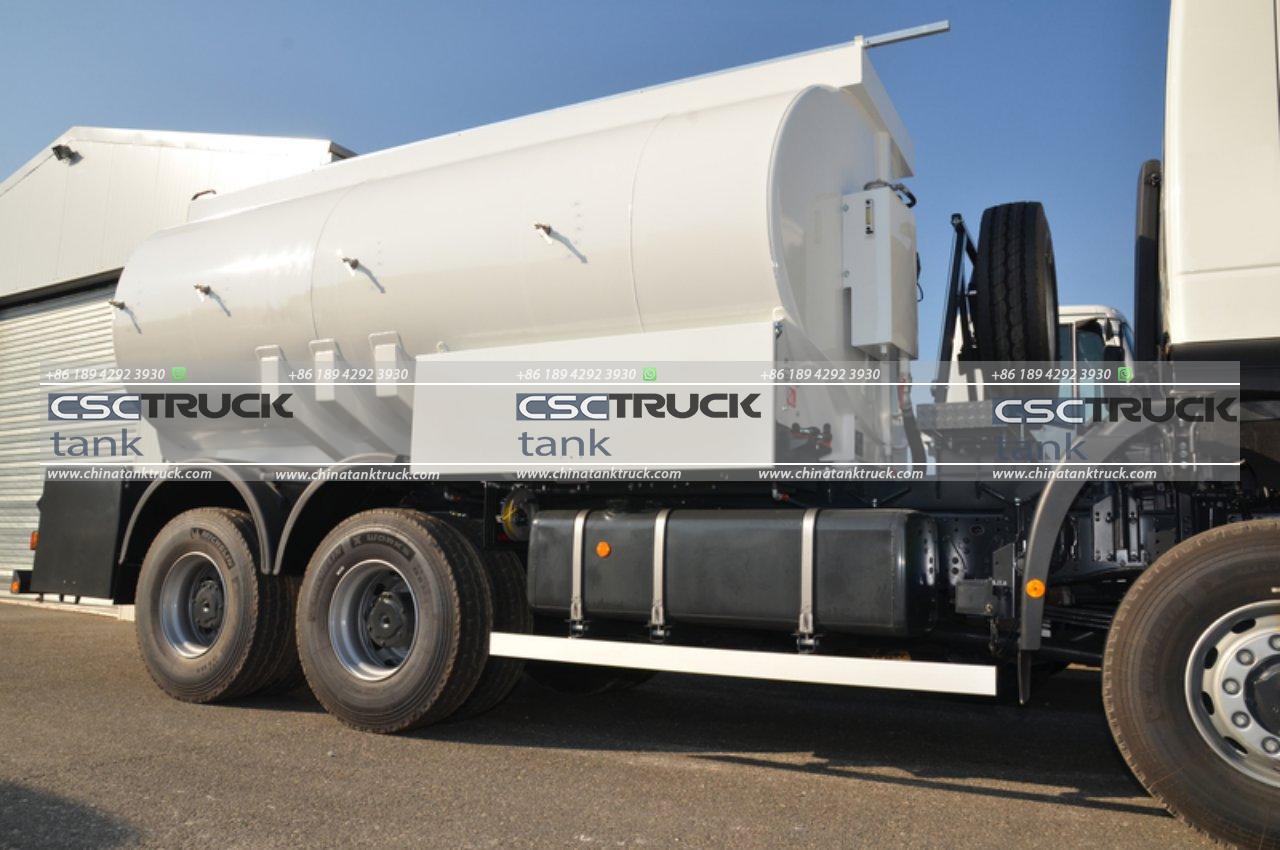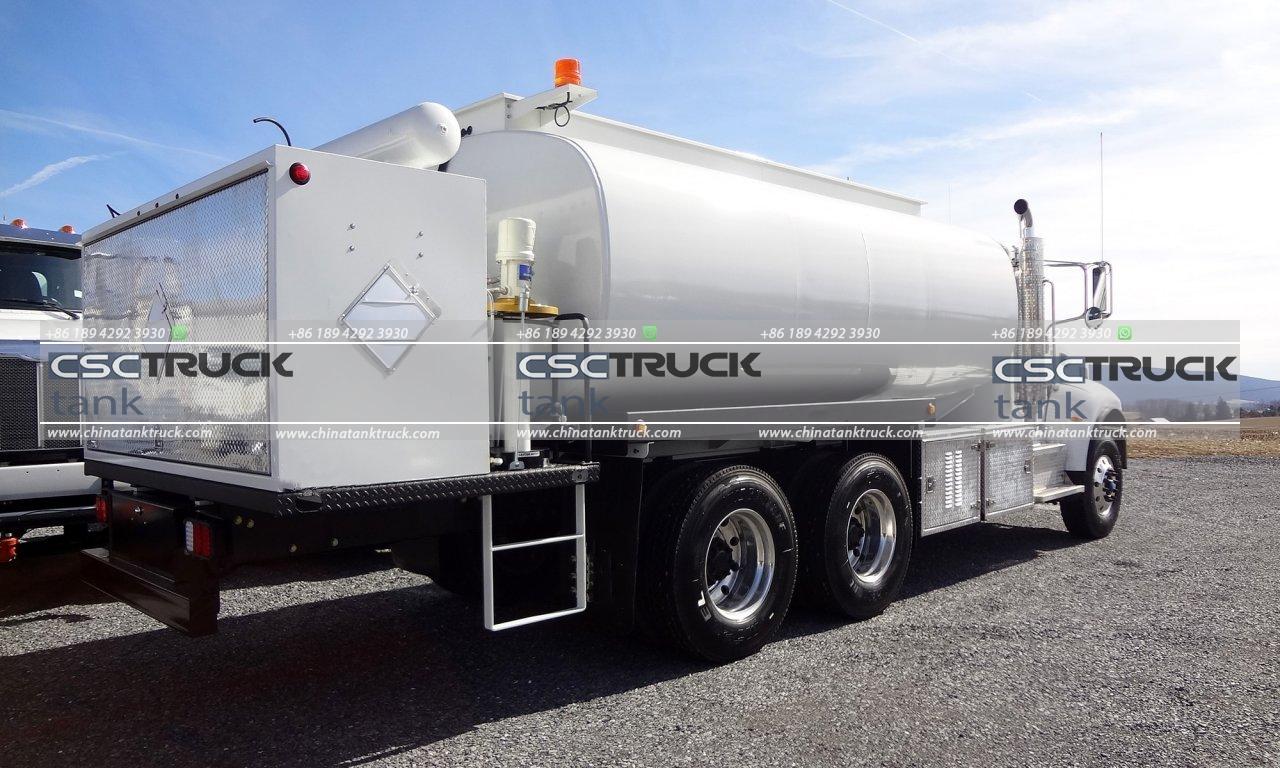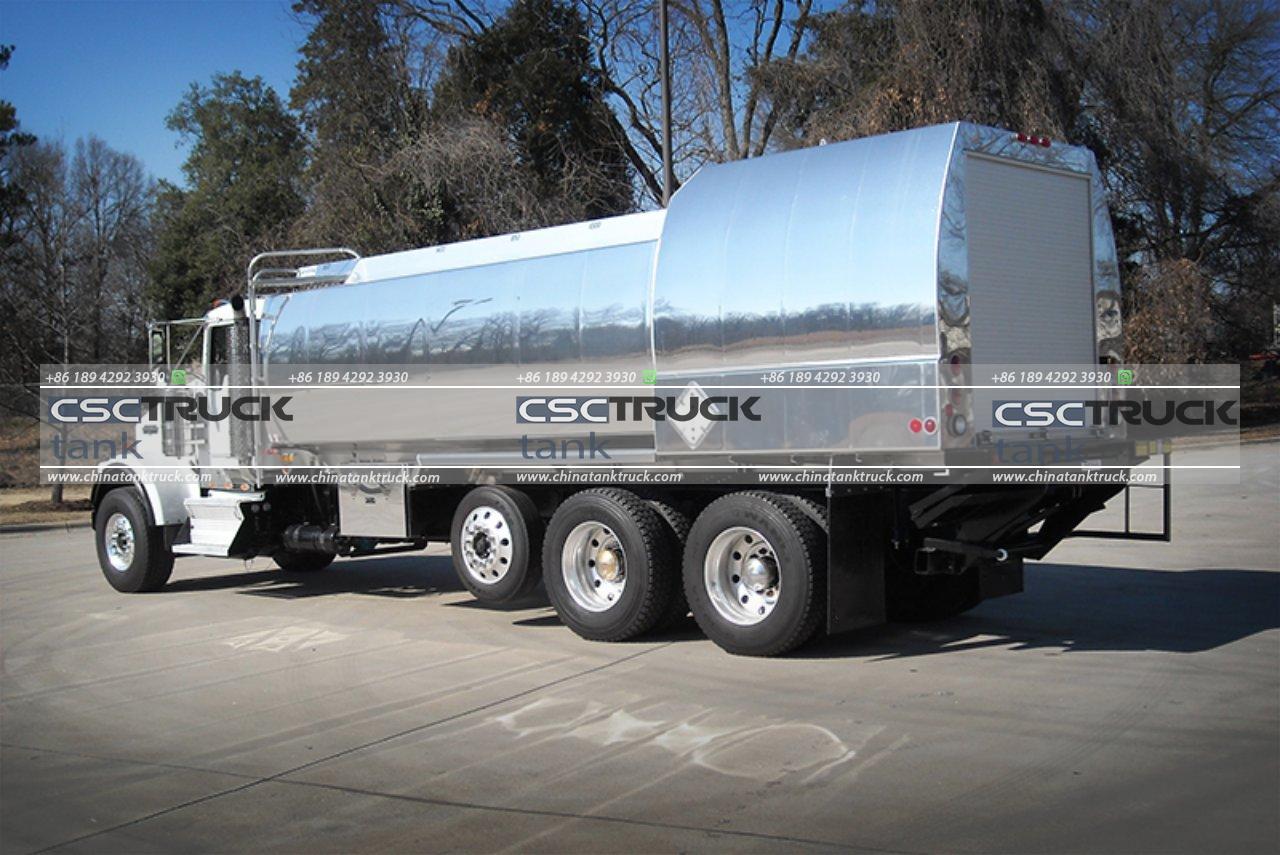Fuel tank trucks are a vital part of the global transportation network. They are used to transport a wide variety of fuels, including gasoline, diesel, jet fuel, and liquefied petroleum gas (LPG). Fuel tank trucks are a reliable and efficient way to transport fuels, and they play a key role in ensuring that the world has a steady supply of energy.
How Fuel Tank Trucks Work
Fuel tank trucks are large vehicles that are designed to carry liquid fuels. The tanks on these trucks are typically made of steel or aluminum, and they are insulated to prevent the fuel from evaporating. The trucks also have pumps and valves that allow the fuel to be loaded and unloaded quickly and safely.
Fuel tank trucks come in a variety of sizes, but they typically have a capacity of between 1,000 and 5,000 gallons. The trucks are also equipped with a variety of safety features, such as fire suppression systems and overfill alarms.
The Importance of Fuel Tank Trucks
Fuel tank trucks are an essential part of the global transportation network. They are used to transport fuels to power cars, trucks, airplanes, and other vehicles. Fuel tank trucks also play a role in the delivery of fuel to homes and businesses.
The reliability and efficiency of fuel tank trucks are essential to the smooth operation of the global economy. Without fuel tank trucks, it would be difficult to transport the fuels that we need to power our cars, trucks, and other vehicles.

The Benefits of Using Fuel Tank Trucks
There are several benefits to using fuel tank trucks to transport fuels. These benefits include:
- Reliability: Fuel tank trucks are a reliable way to transport fuels. They are designed to withstand the rigors of the road, and they are equipped with a variety of safety features.
- Efficiency: Fuel tank trucks are an efficient way to transport fuels. They can carry large quantities of fuel, and they can travel long distances without refueling.
- Flexibility: Fuel tank trucks can be used to transport a variety of fuels. They can be used to transport gasoline, diesel, jet fuel, LPG, and other fuels.
The Challenges of Using Fuel Tank Trucks
There are a few challenges associated with using fuel tank trucks. These challenges include:
- Safety: Fuel tank trucks are carrying flammable liquids, so it is important to take safety precautions when transporting them.
- Regulations: Several regulations govern the transportation of fuels. These regulations must be followed to ensure the safety of the public.
- Costs: The cost of transporting fuels by fuel tank truck can be high. This is due to the cost of the fuel, the cost of the truck, and the cost of the drivers.
The Future of Fuel Tank Trucks
The future of fuel tank trucks is bright. As the demand for fuels continues to grow, the demand for fuel tank trucks will also grow. In addition, the development of new fuels, such as LNG and hydrogen, will create new opportunities for fuel tank trucks.

Fuel tank trucks are a vital part of the global transportation network. They are a reliable and efficient way to transport fuels, and they play a key role in ensuring that the world has a steady supply of energy. As the demand for fuels continues to grow, the demand for fuel tank trucks will also grow.
LNG (liquefied natural gas) is a cleaner-burning fuel than gasoline or diesel, and it is becoming increasingly popular as a transportation fuel. Fuel tank trucks will be needed to transport LNG to fueling stations and other locations.
Hydrogen is another promising new fuel. Hydrogen is a fuel cell vehicle, which means that it produces electricity to power the vehicle’s motor. Fuel tank trucks will be needed to transport hydrogen to fueling stations and other locations.

The development of new fuels will create new opportunities for fuel tank trucks. However, the challenges of transporting these fuels will also need to be addressed. For example, LNG is a cryogenic fuel, which means that it must be kept at very cold temperatures. This requires special equipment and training for the drivers of LNG fuel tank trucks.
Hydrogen is also a challenging fuel to transport. Hydrogen is a very light gas, so it is difficult to contain. In addition, hydrogen is flammable, so it is important to take safety precautions when transporting it.
Despite the challenges, the future of fuel tank trucks is bright. As the demand for fuels continues to grow, and as new fuels are developed, the demand for fuel tank trucks will also grow.

Safety
Fuel tank trucks are carrying flammable liquids, so it is important to take safety precautions when transporting them. These precautions include:
- Ensuring that the fuel tank truck is properly maintained and inspected.
- Following all safety regulations when loading and unloading the fuel.
- Using the correct type of fuel for the truck.
- Keeping the fuel tank truck clean and free of leaks.
- Training drivers on how to safely operate fuel tank trucks.
Regulations
Several regulations govern the transportation of fuels. These regulations are designed to ensure the safety of the public. The regulations cover a variety of topics, including:
- The type of fuel that can be transported.
- The size and type of fuel tank truck that can be used.
- The safety equipment must be on the fuel tank truck.
- The training that drivers must receive.
Costs
The cost of transporting fuels by fuel tank truck can be high. This is due to the cost of the fuel, the cost of the truck, and the cost of the drivers. The cost of the fuel can vary depending on the type of fuel and the market price. The cost of the truck can vary depending on the size and type of truck. The cost of the drivers can vary depending on the experience of the drivers and the location of the trucking company.

Conclusion
Fuel tank trucks are a vital part of the global transportation network. They are a reliable and efficient way to transport fuels, and they play a key role in ensuring that the world has a steady supply of energy. As the demand for fuels continues to grow, the demand for fuel tank trucks will also grow.
The future of fuel tank trucks is bright. New fuels, such as LNG and hydrogen, will create new opportunities for fuel tank trucks. However, the challenges of transporting these fuels will also need to be addressed. The safety of fuel tank trucks is also a top priority. By following safety regulations and taking precautions, the risks of transporting fuels by fuel tank truck can be minimized.

